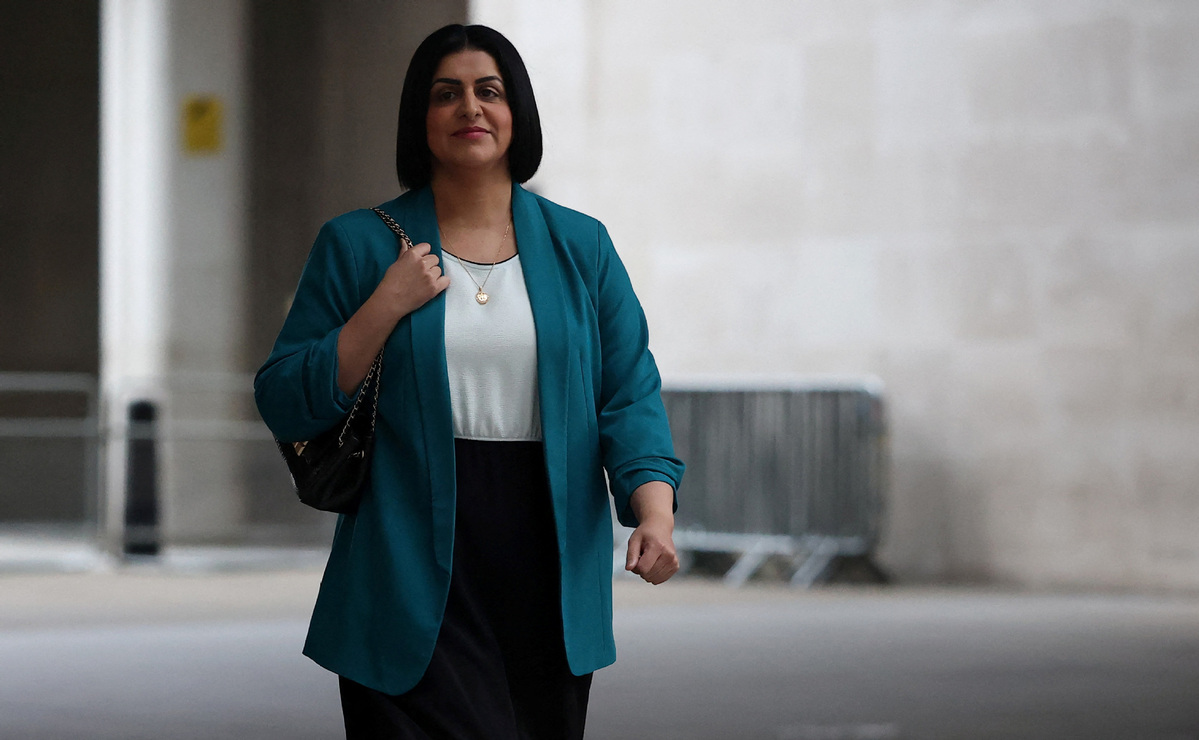UK unveils asylum system overhaul


United Kingdom Home Secretary Shabana Mahmood has been criticized by members of her party over what has been described as the biggest changes to the country's immigration system since World War II.
Under new rules unveiled by the Labour Party government on Monday, asylum seekers will only be permitted one appeal if they are rejected, and those who fail to achieve refugee status will be deported.
People granted refugee status will have it reappraised every two-and-a-half years, rather than the current five, and will be sent back to their home country if it is deemed to be safe. And those who are granted asylum will have to wait 20 years before being allowed to apply for permanent settlement in the UK.
The new measures are inspired by those taken by the government in Denmark, which saw its asylum seeker figures fall from nearly 15,000 in 2014 to just over 2,000 in 2024, but they are not expected to have any impact on illegal small boat crossings from mainland Europe, which is the most visible and contentious visualization of immigration for many voters.
Tony Vaughan, a Labour Party member of parliament who represents a constituency in the English county of Kent where many of the small boat landings occur and who is also a barrister specializing in immigration law, said "the prime minister said in September that we are at a fork in the road. These asylum proposals suggest we have taken the wrong turning".
The language used around the reforms, he added, "encourages the same culture of divisiveness that sees racism and abuse growing in our communities", and he also highlighted failings in the Danish system and said reforms would be a wasteful diversion of resources in the asylum system.
Another Labour Party MP, Stella Creasy, told The Guardian newspaper the measures were "not just performatively cruel, it's economically misjudged", and raised the prospect of incidents similar to those involving immigration officials in the United States taking place on British streets.
The Sun newspaper claimed that jewelry and valuables could be confiscated from asylum seekers in order to pay toward their accommodation, and when pushed about whether items such as wedding rings would be seized, Home Office Minister Alex Norris told Sky News: "In the instance that you are talking about, no, of course not. What we are saying is if someone comes over with a bag full of gold rings, that's different to a family heirloom or personal items."
In another interview with the BBC, he rejected the suggestion that the government was using the issue for political point-scoring, and said it was acting "in the interest of the British public".
He said the British asylum system was being "tested" and that the government wants to "provide sanctuary to those who need it, but not in a way that's gained by those who don't".
































